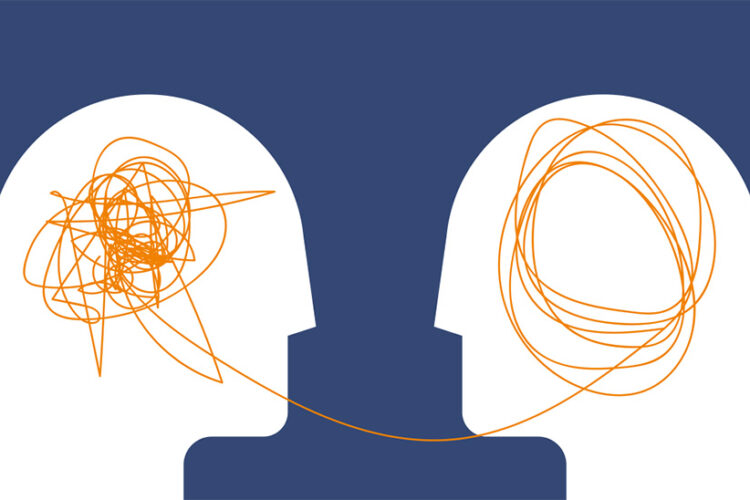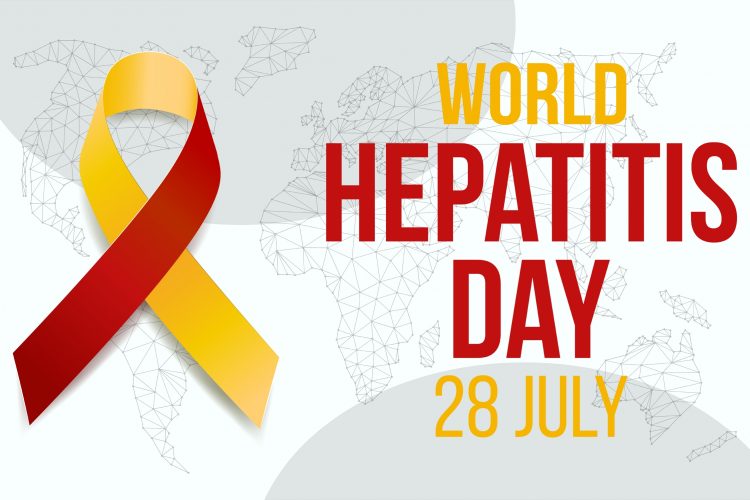
Burn-out; The Disease Of The Working World
Cancer to diabetes, strokes to heart disease and now… burn-out. Although not yet classified as a ‘medical condition’ this year we saw burn-out being included in the 11th revision of the Classification of Diseases, under ‘Occupational Phenomenon’ by the World Health Organisation. Burn out is defined by WHO as.
‘A syndrome conceptualised as resulting from chronic workplace stress that has not been successfully managed’
But every job has some level of stress, right? So what makes this different? The key point to remember here, is the term ‘chronic.’ The stress that has been building up over time – taking its toll both physically and mentally. Symptoms may include, exhaustion, negativity, loss of enjoyment in work and home, drop in productivity, isolation, panic attacks, sleep problems, feeling helpless, feelings of more anger, headaches, and feeling sick more often. Long term stress can also lead onto to other medical problems. Research has shown that our stress responses can have a negative effect on our immune system, digestion, blood pressure, cardiac and even our cholesterol.
The WHO classifying Burn out is an important milestone for recognising the damaging effects of unsustainable working cultures. Talking about it is the first step for people, companies and organisations to recognise symptoms, diagnose and then quite simply – do something about it. However, it may not be that simple – going back to the WHO definition of burn out there are two parts, ‘chronic stress’ and ‘has not been successfully managed’.
We need to see the latter as everyone’s responsibility, being the individual, colleagues, managers CEO’s and HR. Although work pressures will always be present, pushing to a point of Burn-out not only has health implications but also negatively affects the company. Research in America has shown that Burn-out accounts for an estimated $125 Billion – $190 Billion. The health and financial implications are staggering and proof that overload, long hours, unreachable deadlines and unfair treatment at work really is a lose, lose situation.
Tips for Burn out
1) First step, communicate – reach out to either a trusted colleague, loved one or confidentially to HR, most organisations should have wellbeing structures in place for staff and you should feel supported.
2) Recognise when things get too much, are the above symptoms relatable ?
3) Know the unhealthy workplace – we all know a good manager to a bad one, be aware that unreachable targets are not going to help the organisation, they will hinder it.
4) Don’t always say yes – being the yes girl or man, especially for people in their own business may help your growth but it will eventually come back around.
5) You are still good at your job even when you take breaks. There is a working culture where people feel having a break will reflect badly on them and although Burn-out won’t be resolved with the ‘extra day off’ it is key to remember that time out improves working performance.
6) Maintaining a work life balance – we already spend the majority of our lives working, make the most of your free time.
So what happens when burn out has already reached breaking point and services further than those within the office remit?
Therapy, GP referral or psychiatric review may be required. Mental health charity Mind, found that workplace stress has resulted in 7% having suicidal thoughts and one of five people having anxiety.
People often use mechanisms to cope such as substance abuse and according to mind 57% say they have a drink after work to cope, also stating the use of smoking, antidepressants and sleeping tablets. Sleeping may become difficult with adrenaline and overthinking, alcohol or sleeping tablets can be used as sedatives and then the ‘groggy’ tiredness is attempted to be overcome by caffeine, cocaine or amphetamines.
It isn’t difficult to see the link here, but with the right help and intervention people do get better. Once individuals are out of the vicious Burn-out bubble, often their old working patterns and behaviours are reflected upon and the realisation of how detrimental they were. Individuals can work with therapists to achieve a more balanced and manageable life style as outpatients or as inpatients such as Ibiza calm, where burn out treatment is offered.
To summarise, burn-out has significant implications to health, finance, businesses and suicide. We need to break cultures that people can just ‘shake it off’ as a trait of being successful and the stories we hear of entrepreneurs ‘making it’ because they pushed themselves. We need clear clarification between the differences of what hard work feels like, and the deeper effects of Burn-out. Stigmas need to stop and the support in the workplace needs to continue. Workplace stress effects the majority of the population and no one is alone with their feelings, so please reach out accordingly.
Share this information, choose your platform!
Therapy at the rehab in Ibiza
Two of the key components to treating addiction, and other psychiatric and psychological conditions, are therapy and having a safe space in which to be able to share feelings. Therapy supports people so they can unburden themselves of long-held fears, …
Empty nest syndrome and substance misuse
The school holidays are finally coming to an end. We hear a collective sigh of relief from those physically, mentally, and financially drained parents who are looking forward to handing their bundles of joy back into the care of the …
World Hepatitis Day, 28th July
World Hepatitis Day is a global public health campaign marked by the World Health Organization and observed on July 28 every year. Its aim is to encourage better awareness, prevention, diagnosis, and treatment of an illness that kills close to …
April is Stress Awareness Month
Coping with stress and finding healthy ways to deal with tricky or demanding situations is vital for living a happy and productive life. Raising awareness and encouraging support, amongst friends, colleagues and in the community is a huge step towards …









